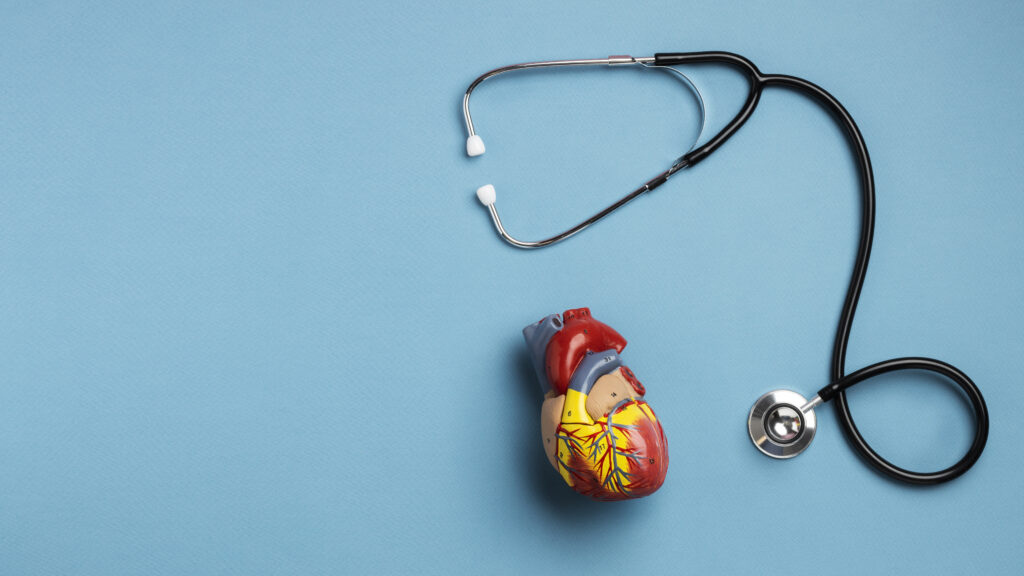We all have our routines. While some would exercise the first thing in the morning, others would read a newspaper and get ready for the day. Likewise, as some would scroll their phones before bedtime, others may go for a short walk. Most of us are following healthy habits, and others are just thinking that they are. Then there’s a third category of people who know in their bones that they are leading a poor lifestyle that can affect their future.
Whichever category you belong to, please note that if you’re following certain habits, you’re destroying your heart health. We are living in times where heart issues have become just so common. You might have seen a significant number of people dying of heart attacks. Well, our habits are to be blamed for it.
And which habits you may ask? Keep reading, this blog will be a wake-up call for you if you’re following any of these habits.
A Sedentary Lifestyle
There’s no denying that our desk job pays our bills. But do you realise too much sitting can be detrimental to your health? Our heart is a muscle which requires physical activity to function smoothly and get stronger and healthier. But long hours of sitting can contribute to a sedentary lifestyle.
Now we get it, you cannot just simply quit your job to improve your physical health. But you can still make some adjustments that could go a long way towards good health.
- Spare 30 minutes a day for exercising. It’s best if you do it in the morning.
- Go for short walks whenever you get the time. Even 10 minutes after meals would do.
- Take the stairs instead of the lift.
- Replace water or lemonade with sugary drinks
- Try to cook your own meals, as it also promotes activity and healthy eating.
Unhealthy diet
Sadly, our lifestyle has become excessively inclusive of unhealthy eating. Whether you are living far away from home, or in your hometown, it has become the new normal, when it should just be a once-in-a-blue-moon thing.
It must be noted that a diet high in saturated and trans fats, processed foods, excessive salt, and sugary drinks can increase your risk of heart disease. Prioritise fruits, vegetables, whole grains, lean proteins, and healthy fats.
Smoking
Smoking has become the new way to socialise with people. We know it very well but fail to accept that one puff of a cigarette is a drop of poison we are drinking. Truth be told, smoking is a major risk factor for heart disease. It damages blood vessels, increases blood pressure, and raises cholesterol levels. If you smoke, quitting is one of the best things you can do for your heart health.
Excessive Alcohol Consumption
Alcohol is another means of socialising. At least, it starts with it but becomes a habit for some people. While moderate consumption of alcohol is okay, excessive consumption is harmful. Heavy alcohol consumption can lead to high blood pressure, heart failure, and stroke. Limit your alcohol intake or avoid it altogether.
Chronic Stress
Are you stressed all the time? That’s the story for most working Indians. But just so you know, uncontrolled stress can elevate blood pressure, increase heart rate, and contribute to unhealthy lifestyle choices. Effective stress management techniques, such as meditation, yoga, or deep breathing exercises, can help protect your heart.
Inadequate Sleep
Do you have the habit of scrolling your phone until the end of the night? If yes, you’re doing your heart more damage than you realise. Sleeping for less than 8 hours a night is an invitation for health issues, including those related to the heart. Lack of sleep is linked to various health problems, including heart disease. Aim for 7-9 hours of quality sleep each night.
Neglecting Dental Hygiene
Yes, you read that right. Poor oral hygiene can affect your heart health. Gum disease has been linked to an increased risk of heart disease. The bacteria from your mouth can travel all the way to your heart valves through the bloodstream and cause heart attacks by putting pressure and eventually rupturing them.
Depending on pain relievers
Have a slight pain? If your first instinct is getting a pain reliever, you may need to rethink. Dependence and excess consumption of pain relievers are associated with a high risk of heart disease. Consider taking the lowest effective dose – only when you essentially need it. If pain becomes too frequent, check with a doctor as it could point to a health issue.
Closing thoughts
We’re all adults, striving to make wiser health choices. So, how about kickstarting our health and wellness journey with conscious efforts to adopt healthier habits? These can significantly reduce your risk of heart disease and improve your overall well-being. Remember, small changes can make a big difference.





